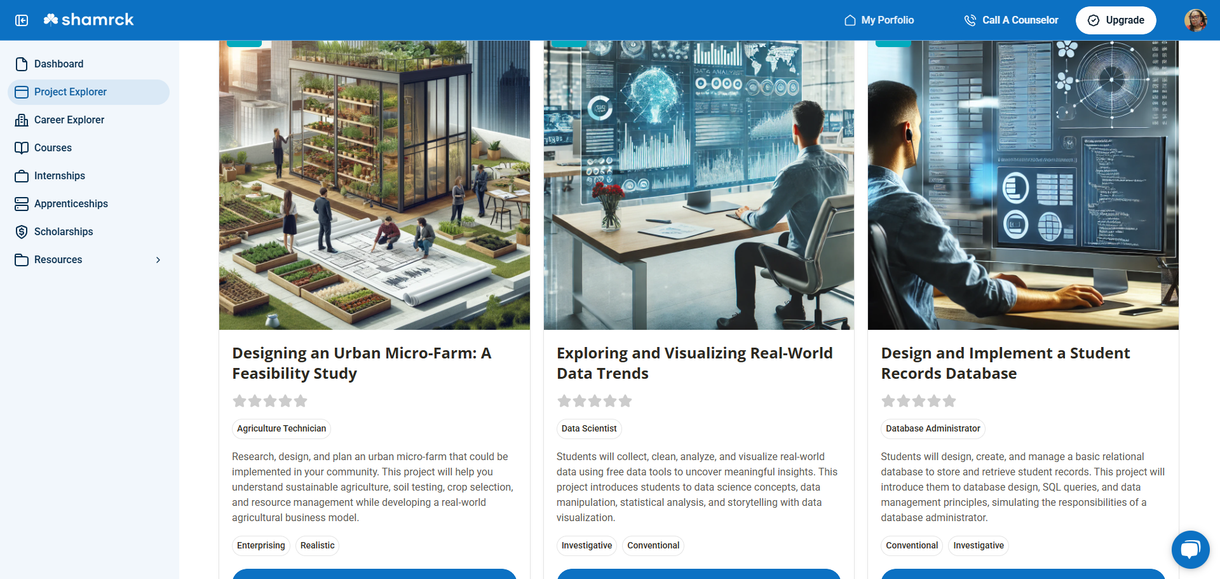By Danielle Williams
•
April 2, 2025
Thinking about a career in software development? Whether you dream of creating video games, designing websites, or working with artificial intelligence, this field is full of exciting opportunities. But how do you start? Let’s break it down into practical steps to help you prepare for a future in coding and programming. 1. What is Software Development? Software development involves designing, building, testing, and maintaining programs that run on computers, smartphones, and other devices. Developers use programming languages like Python, Java, and JavaScript to solve problems and bring ideas to life. 2. Learn the Basics of Coding You don’t need a fancy degree to start coding! Free resources like Codecademy, freeCodeCamp, and Harvard’s CS50 on YouTube make it easy to get started. Beginner-friendly languages like Python or JavaScript will help you understand the fundamentals. 3. Hands-On Practice is Key The best way to improve is to code consistently. Start with simple projects like a personal website, a basic calculator, or a to-do list app. Platforms like LeetCode and HackerRank offer coding challenges that sharpen your problem-solving skills. 4. Explore Different Areas of Development Software development is diverse! You can explore: Web Development – Creating websites and web apps. Mobile App Development – Building apps for iOS and Android. Game Development – Designing video games. Cybersecurity – Protecting systems from hackers. Data Science & AI – Using data to make smart predictions. Try different areas to find what excites you most! 5. Build a Portfolio of Projects Employers and recruiters want to see what you can do! Create a GitHub profile and upload your projects. Building a portfolio website to showcase your work can also make you stand out. 6. Join Coding Communities Learning with others makes the journey more fun and engaging. Join online forums like Stack Overflow, participate in hackathons, and contribute to open-source projects. These connections can lead to valuable mentorships and job opportunities. 7. Consider Formal Education or Certifications While many developers are self-taught, structured learning can be helpful. You can pursue a degree in computer science, attend coding bootcamps, or earn certifications in cloud computing, cybersecurity, or software engineering tools. 8. Prepare for Job Applications When you’re ready to apply for jobs, practice coding interviews using sites like InterviewBit and Cracking the Coding Interview. Also, update your resume, create a strong LinkedIn profile, and start networking with industry professionals. Final Thoughts Starting a career in software development is an exciting journey! Stay curious, keep coding, and embrace challenges as learning opportunities. The world of technology is constantly evolving—why not be part of shaping the future? Got a coding project in mind? Share it in the comments and let’s get started!






